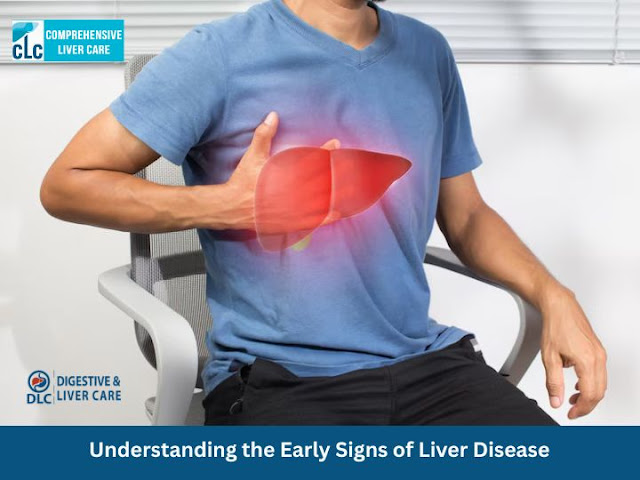How Liver Health Impacts Your Overall Well-Being

When we think of staying healthy, we often focus on our heart, lungs, or even mental health. But there’s one organ that quietly plays a vital role in our body’s overall function—the liver. From digestion and detoxification to energy storage and immune support, your liver performs over 500 essential tasks every single day. Unfortunately, liver health is often neglected until symptoms become serious. That’s why taking preventive steps and consulting the Best liver specialist early on can make a huge difference in your long-term health and well-being. Why Liver Health Matters The liver is the body’s powerhouse for metabolism and detoxification. It breaks down nutrients from the food you eat, filters out toxins from the blood, produces bile for digestion, and helps regulate hormones. It even stores vitamins, minerals, and glycogen (a form of energy), ready to release them when the body needs fuel. If the liver isn’t functioning properly, the ripple effects can be seen in almost every body...




